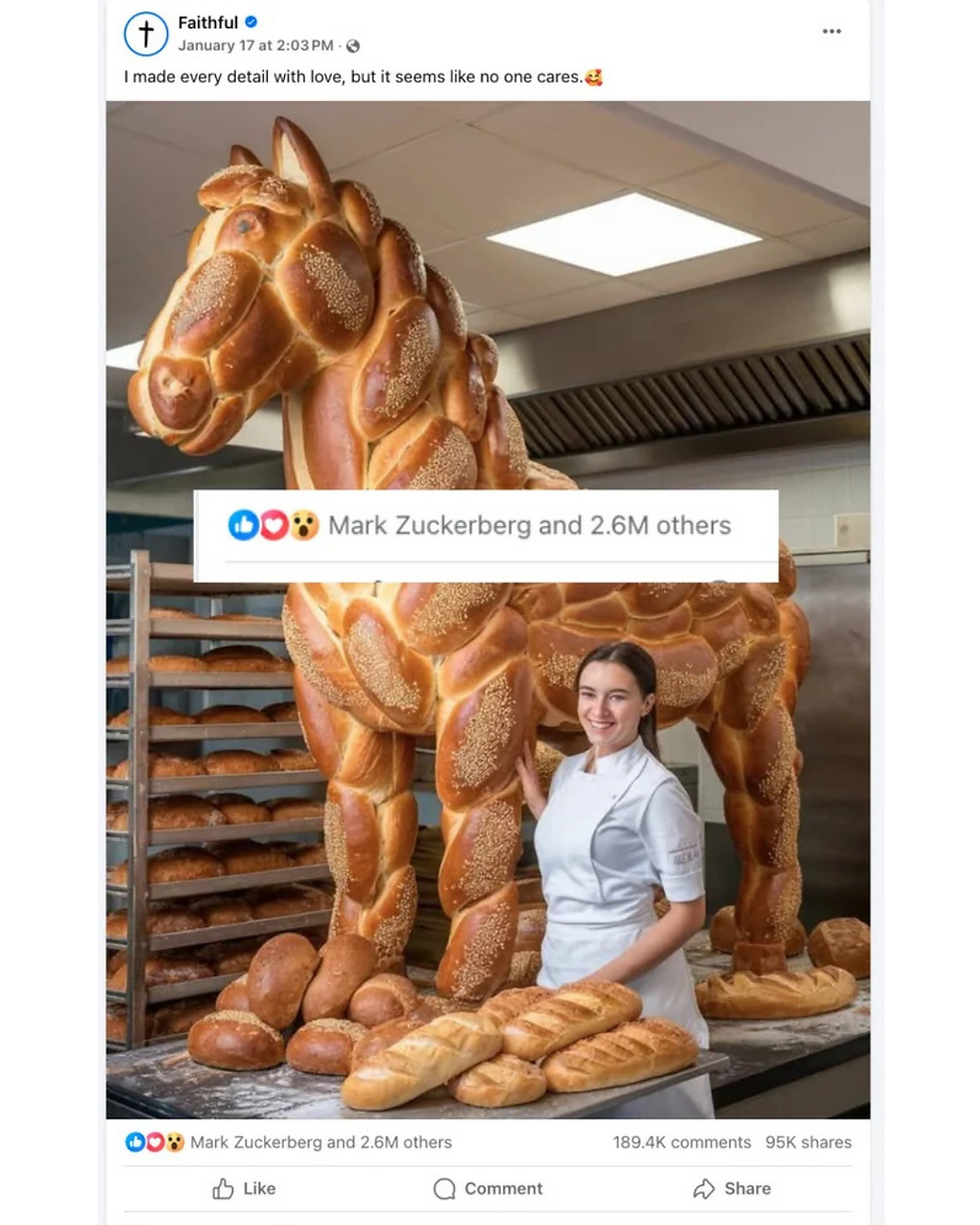Why Social Media Storytelling is Crucial
- Tatum Spurck

- Apr 4, 2024
- 3 min read
In an era where the digital landscape is our new town square, stories have found a vibrant new stage: social media. Beyond the clutter of daily posts, likes, and comments, lies a profound method of connection that weaves through the fabric of our digital interactions—storytelling.
This ancient art, repackaged in modern pixels, holds an unparalleled power to influence, inspire, and ignite change. As we navigate the bustling avenues of social media, the compelling art of storytelling emerges not as a mere trend but as a vital conduit for shaping perceptions, fostering communities, and driving a narrative that resonates across the globe.
To encapsulate the essence of storytelling's impact on social media, Michael J. Lis, a renowned figure in digital marketing, eloquently states, "In the digital world, storytelling is the key to emotional engagement. It turns viewers into participants, and participants into advocates." This insight highlights the profound effect that a well-crafted story can have in not only drawing in an audience but also in empowering them to become a part of the narrative itself.

Why Storytelling Resonates in the Digital Echelons
Humanizes Brands and Individuals In the vast sea of digital content, stories serve as lifeboats that carry the essence of brands and individuals to the shores of their audience's hearts. Through narrative, companies transition from faceless entities to relatable characters in their audience's daily lives, fostering a deeper, more meaningful connection.
Amplifies Engagement Engagement is the currency of the digital realm, and stories are the mint. A well-crafted story can captivate an audience, encouraging interaction and discussion, transforming passive consumers into active participants.
The Pitfall of Ignoring Storytelling Despite the clear benefits, many brands still falter on the digital stage by neglecting the power of storytelling. Without it, their content often becomes a monotonous echo in the vastness of the digital sphere, struggling to capture attention or evoke interest. These brands risk becoming mere billboards on the information highway, where users speed by without a second glance. The absence of storytelling leads to a lack of emotional connection, making it difficult for audiences to relate to or remember the brand amidst the constant bombardment of information.
Drives Emotional Resonance Emotions guide our online navigation, and stories, with their innate ability to evoke feelings, become the compass. Whether it’s joy or a call to action, emotionally charged stories are memorable and influential in shaping opinions and behaviors.
Builds Community Stories knit the fabric of online communities. Shared narratives create a sense of belonging, uniting individuals across divides and cementing a collective identity that fosters a supportive and engaged community.
Shapes Perceptions In the fast-paced world of social media, stories have the unique ability to influence perceptions, offering perspectives that can challenge or affirm core beliefs. Through storytelling, complex ideas become accessible, allowing for a more informed and empathetic online community.
In conclusion, the art of storytelling in social media is not just important but imperative for anyone looking to make an impact in the digital age. It's a tool, a craft, and an art form that bridges the gap between the digital self and the authentic human experience, empowering us to move, connect, and transform. Without it, brands and individuals risk being lost in the digital noise, failing to connect with the very audiences they seek to engage. Michael J. Lis's reflection on storytelling underscores its critical role in creating emotional engagement, transforming passive viewers into active participants and advocates in the ever-evolving story of our digital lives.










Comments